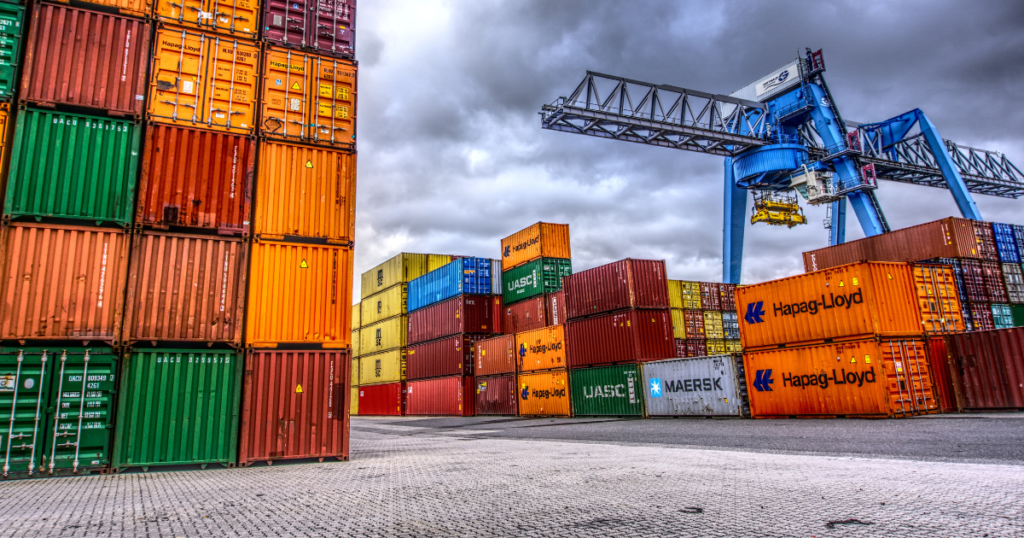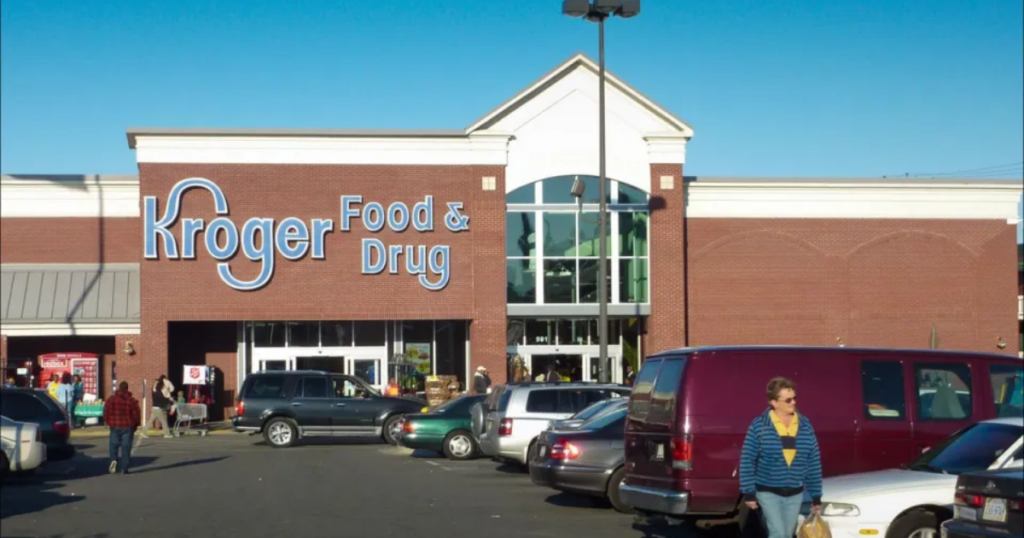Let’s Get Real: Why Everyone in CRE Should Be Watching the Ports
Southern California isn’t just sunshine and freeways—it’s the backbone of international trade. With L.A. and Long Beach ports moving nearly half the country’s imports, the warehouse sector here has been red-hot. But now, with tariffs flying in from every direction, we’re seeing serious hesitation in the market.
I’m talking to landlords, tenants, developers—people are stalling. And in my world, hesitation is the fastest way to lose a deal.
What Tariffs Are Doing to Leasing Momentum
Leasing activity is cooling off. Why? Because when businesses don’t know what tomorrow’s cost structure looks like, they don’t sign long-term leases today.
President Trump raised tariffs on Chinese imports to 125%, while still keeping pressure on South Korea and Japan. And even though Canada and Mexico dodged some bullets, there’s still a 25% tax on specific items like autos.
This means importers—especially those moving electronics, apparel, and retail goods—are slamming the brakes on expansion. They’re unsure if demand will shrink, costs will spike, or if they’ll need half the space they planned for.
“You can’t forecast confidently when the rules keep changing. And in CRE, confidence is currency.”
— Jason Keyz
The Bigger Picture: CRE Can’t Thrive on Guesswork
According to the Tax Foundation, if imports drop by 25% as projected, we’re looking at over $800 billion in lost volume. That doesn’t just affect containers—it disrupts warehousing, fulfillment, trucking, staffing—the whole industrial food chain.
This uncertainty is already reflected in behavior. Businesses are waiting to see how bad tariffs will bite before committing. Developers are pumping the brakes on speculative builds. Brokers are adjusting comps and reworking tenant strategy playbooks.
The Fundamentals Are Still Strong—But for How Long
Despite the noise, tenant demand has held up in pockets like aerospace, EV manufacturing, defense, and construction trades. There’s a post-wildfire rebuild surge, and tradespeople need space to store, stage, and move materials.
Also, new construction hit a 10-year low in 2024, which has helped prop up vacancy rates and keep rents stable or even rising.
“Low vacancy plus high uncertainty equals paralysis. And I don’t do paralysis.”
— Jason Keyz
Forecasting in Fog: CRE Strategy in a Politically-Driven Market
JLL’s economic models can’t even process this volatility—because tariffs change at the speed of politics, not market demand. One tweet can rewrite your Q2 projections. That’s a reality we have to live with right now.
From my seat, I’m advising clients to:
- Get lean but stay ready
- Don’t overextend, but don’t vanish from the table
- Negotiate shorter lease terms if flexibility matters
- Double down on relationship capital
In uncertain markets, trust closes deals faster than price.
What Tenants Are Saying—and What It Means for Brokers and Investors
Decision-makers aren’t saying “no”—they’re saying “not yet.” That’s dangerous. It means longer lead times, slower negotiations, and tighter margins for brokers, landlords, and everyone in between.
“This isn’t about fear. It’s about timing. And the timing just got harder to read.”
— Jason Keyz
Even wholesalers, the lifeblood of our industrial corridors, are feeling the heat. With rising costs and shrinking margins, they’re passing what they can to consumers—but there’s only so much room before the retail market catches the flu too.
Will Reshoring Save the Day? Maybe Later—But Not This Quarter
There’s talk that tariffs might drive reshoring and boost domestic manufacturing. That would be a long-term win for U.S. industrial CRE. But here’s the truth:
“I don’t build business plans on maybes. I build on movement. And right now, we’re idling.”
— Jason Keyz
Final Word: Clarity Is the New Gold
The Southern California warehouse scene is still one of the most valuable markets on Earth—but even gold needs stability. Tariffs aren’t just shaking the macro economy—they’re injecting risk into the heartbeat of the region: trade-based real estate.
If you’re an investor, developer, tenant, or broker, here’s what I’ll tell you:
- Keep your powder dry
- Watch trade policy like a hawk
- Stay hyper-local, but think globally
- Don’t assume today’s lease rates are tomorrow’s guarantee
Stay sharp. Stay moving. And when in doubt—call your broker.
— Jason Keyz
“I don’t chase deals. I structure them.”



